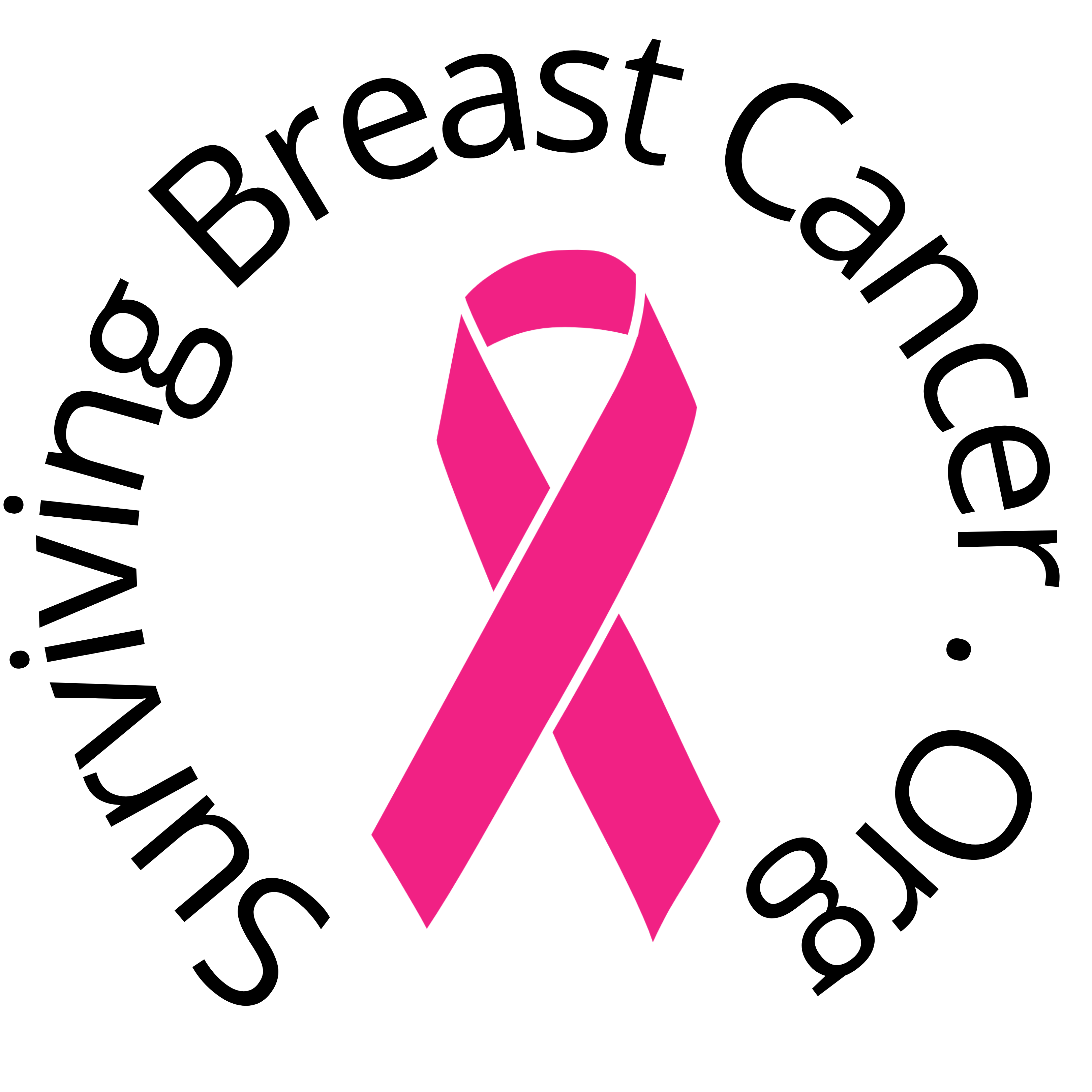
Addressing the Unique Challenges of Breast Cancer in People Under 40

Key Takeaways
- Breast cancer in younger individuals often results in delayed diagnosis due to infrequent mammograms and dense breast tissue complicating detection.
- Aggressive tumor types, such as triple-negative or HER2-positive, are more common in younger patients, posing treatment challenges and higher recurrence risks.
Statistics show that breast cancer is most common in women over 50, but that doesn’t mean it can’t affect individuals outside that age range.
Statistics show that breast cancer is most common in women over 50, but that doesn’t mean it can’t affect individuals outside that age range. Individuals under 40 can also receive this life-changing diagnosis. According to the Centers for Disease Control and Prevention (CDC), approximately 10% of new breast cancer cases in the US occur in women under 45. Read on to learn about the specific hurdles younger women face and how to navigate these obstacles with confidence and support.
The Unique Challenges People Under 40 Face
While breast cancer in younger people is less common, it is not rare. Breast cancer in individuals under 40 presents unique challenges due to the distinct biological, social, and psychological factors involved. Some of the key challenges include:
Delayed Diagnosis: Younger women tend to undergo regular mammograms less frequently, which often results in breast cancer being diagnosed at a later stage. Dense breast tissue also makes detection more complicated with standard imaging techniques.
Aggressive Tumor Types: Breast cancers in younger individuals tend to be more aggressive, like triple-negative or HER2-positive types, which are more challenging to treat and more likely to recur.
Fertility Concerns: Treatment for breast cancer, especially chemotherapy, can affect fertility. Many young women face the emotional and practical challenges of fertility preservation options like egg freezing before treatment.
Pregnancy-Associated Breast Cancer: For some women, breast cancer is diagnosed during pregnancy or shortly after. A breast cancer diagnosis creates complex treatment decisions to balance the health of both mother and baby.
Genetic Risk Factors: Younger people diagnosed with breast cancer are more likely to have inherited genetic mutations, such as BRCA1 and BRCA2, which can increase the likelihood of other cancers and require preventive measures for their families.
Impact on Career and Finances: Younger people are often in the early stages of their careers and may face financial stress from medical bills, loss of income, and long-term treatment needs, including reconstruction or follow-up care.
Psychosocial Stress: The emotional and psychological impact of breast cancer is profound for younger individuals who may be raising children, managing long-term relationships, and/or building their future. Concerns about body image, dating, and family planning can add to the stress.
Survivorship and Long-Term Health Issues: Long-term survivors of breast cancer face unique health challenges, such as the risk of premature menopause, heart problems from treatment, and secondary cancers, which can impact quality of life for decades.
These challenges make early detection, specialized support, and individualized treatment critical for younger people diagnosed with breast cancer.




